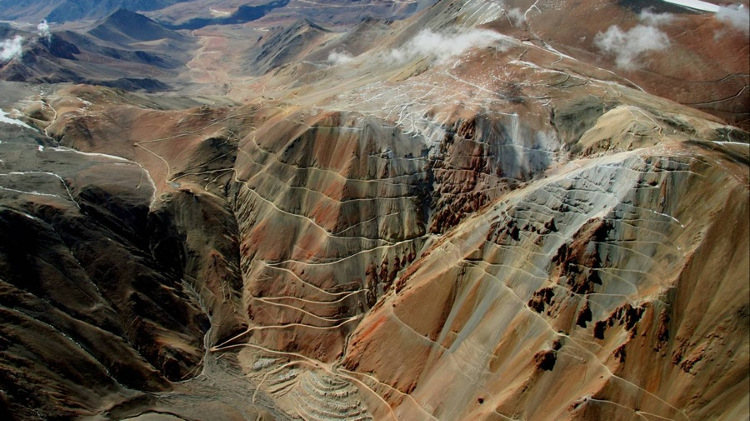Prime Minister Justin Trudeau announces his cabinet shuffle at Parliament Hill. Screenshot courtesy of CPAC
Welcome back to your (jam-packed) weekly mining news recap. At the end of each week we’ll catch you up on the mining news from CIM Magazine and elsewhere that you might have missed. Among this week’s headlines: Prime Minister Justin Trudeau shuffles his cabinet, a review of B.C.’s professional reliance system calls for more powers for the province’s chief mines inspector, and De Beers Canada acquires Peregrine Diamonds.
*****
Agnico Eagle received a Type A water license for its Whale Tail gold deposit in Nunavut from the federal government on Monday. Agnico said preliminary construction remains on track for 2018 and that it is on schedule for a production start in third quarter of 2019.
Lundin Mining said it would make an all-cash offer to acquire Nevsun Resources for $1.4 billion, but the offer got a chilly reception from Nevsun. The company advised its shareholders not to take any action in response to Lundin’s announcement, and CEO Peter Kukielski said the offer was not representative of the company’s worth.
Imperial Metals resumed labour talks to end a two-month-long strike at its Mount Polley mine this week. Mining operations have been suspended since the strike began on May 23, and while the mill has continued to operate, Imperial reported in its second quarter production results on Friday that Mount Polley produced 3.82 million pounds of copper, down 31.8 per cent from the second quarter of 2017, when it produced 5.6 million pounds.
Former minister of infrastructure and communities Amarjeet Sohi was named natural resources minister in a federal cabinet shuffle on Wednesday. He takes over the department from Jim Carr, who was named minister for international trade diversification, a renamed post that nods to increased trade tensions with the United States.
A report on B.C.’s professional reliance system said the province’s chief mines inspector should have expanded powers to add new conditions to mine permits and call for independent environmental engineering reports. The report, released in June, recommended the government put professional requirements directly into legislation and suggests the province clearly define what a “qualified person” is, rather than leave it up to a mine manager.
The United States is opening an investigation into uranium imports on national security grounds, U.S. commerce secretary Wilbur Ross announced Wednesday. The investigation is under the same national security trade clause, Section 232 of the Trade Expansion Act of 1962, the U.S. used to place tariffs on steel and aluminum imports from Canada, the European Union and other countries in June after a similar investigation.
Ontario Premier Doug Ford says Ontario will intervene in support of Saskatchewan’s lawsuit against the federal government on carbon pricing, according to the Toronto Star. Ford promised to do everything in his power to prevent carbon pricing from being imposed.
The fossilized remains of an extinct marine reptile, a Plesiosaur, were found at the Syncrude North mine site in the oil sands, the CBC reported on Wednesday. The remains were 60 per cent complete, according to a science team dispatched to the region by the Royal Tyrell Museum.
In other acquisition news, De Beers Canada announced Thursday it is acquiring junior miner Peregrine Diamonds for $107 million. The deal will give De Beers control of Peregrine’s Chidliak deposit in Nunavut. Chidliak has 74 identified kimberlite pipes at the site so far. Two of the pipes, the focus of Peregrine’s phase one development plan, have a combined inferred resource of 12.45 million tonnes at 1.78 carats per tonne (ct/t).



